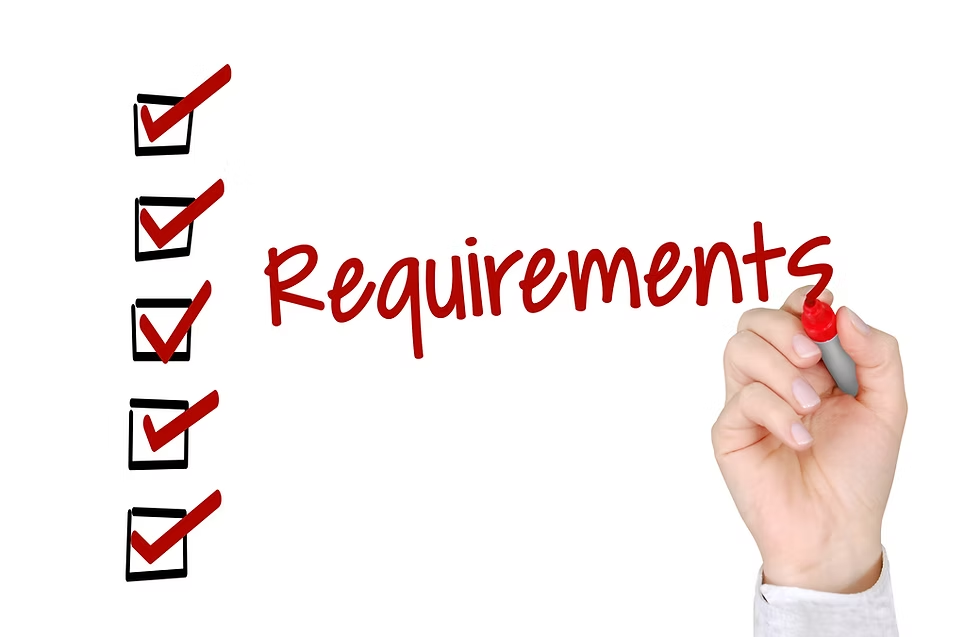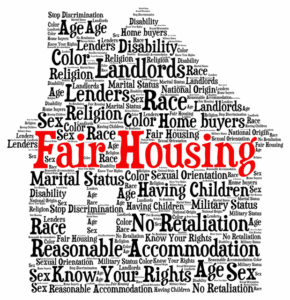
In real estate litigation, brokers often come under scrutiny—not because they were directly involved in the transaction, but because they are legally responsible for the agents operating under their license.
Attorneys navigating real estate disputes should understand that the broker is not just a figurehead. They are a licensed professional with statutory duties, compliance obligations, and in many cases, legal liability. When something goes wrong in a transaction, plaintiffs’ attorneys often look to the broker as the liable party—and courts are clear that supervisory responsibility is not optional.
Agent vs. Broker: The Legal Distinction
Both real estate agents and brokers are licensed professionals, but the distinction between them is more than academic—it’s structural, and critical in the context of liability.
- A real estate agent is someone who has completed state-mandated education and passed a licensing exam.
- A real estate broker has completed additional coursework, passed a more rigorous exam, and is licensed to operate independently and supervise agents.
Real estate agents cannot operate independently. In all 50 states, agents must work under the legal supervision of a licensed broker. They cannot receive commissions directly, enter into listing agreements, or represent clients without a broker’s oversight and affiliation.
Why the Broker is Legally Accountable
When a dispute arises over a failed disclosure, a contract error, or an agent’s conduct, the broker is not a peripheral party. They are the legal backstop—responsible for ensuring the transaction was compliant with state law and industry standards.
Common areas of broker liability include:
- Failure to review or approve contracts
- Inadequate agent supervision
- Improper handling of escrow or earnest money
- Failure to ensure required disclosures were delivered and signed
- Negligent training or lack of policy enforcement
Even when the broker never met the buyer or seller, their name and license stand behind every transaction. And that means their failure to supervise can expose them—and their brokerage—to lawsuits, fines, or license sanctions.
Key Responsibilities of the Broker
Attorneys building or defending a real estate case should be aware of the broker’s statutory responsibilities, which often include:
Transaction Oversight
Brokers are expected to review, approve, and maintain documentation for all transactions their agents handle. Failure to do so can indicate negligence or lack of control.
Disclosure Compliance
Brokers must ensure agents deliver proper agency, fair housing, lead paint, and other state-required disclosures. These documents often form the foundation of legal claims when omitted or backdated.
Supervision and Training
Brokers are responsible for agent conduct—including training on laws, ethics, and local procedures. A pattern of agent misconduct may expose the broker to vicarious liability or charges of failure to supervise.
Financial Management
Mismanagement of escrow or earnest money accounts is a frequent issue in claims and administrative complaints. Brokers are responsible for maintaining proper controls and audit procedures.
Legal Compliance
From advertising rules to anti-discrimination laws, brokers are ultimately responsible for ensuring their agents’ actions comply with federal, state, and local real estate law.
Litigation Implications
When something goes wrong in a transaction, it’s not uncommon for the agent to claim:
“I didn’t know.”
“Nobody told me that needed to be done.”
“My broker handles the contracts.”
In many jurisdictions, that’s all it takes to shift legal attention toward the broker.
As a Real Estate Expert Witness, I can evaluate whether a broker met their supervisory obligations, reviewed the right documents, or should have caught a problem earlier. In many cases, the failure wasn’t what the broker did—but what they failed to do.
Conclusion: The Broker’s Role in Real Estate Litigation
If you’re litigating a real estate dispute—whether it involves misrepresentation, disclosure violations, or procedural errors—look closely at the broker’s involvement. Statutorily, they are more than a manager. They are the legally accountable party behind every agent’s transaction.
Understanding the broker’s oversight responsibilities can be critical to proving liability—or mounting a defense.





